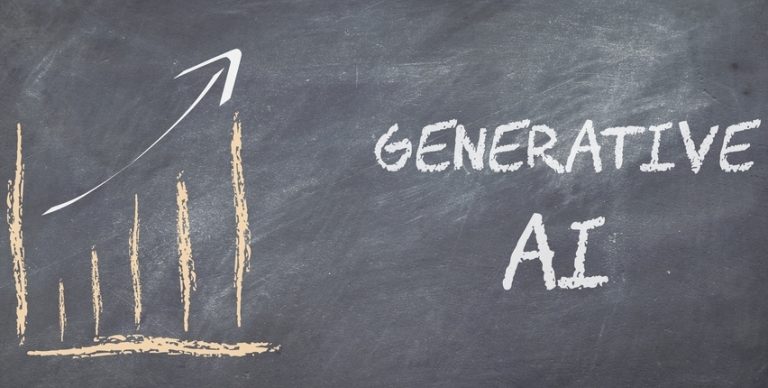The paper demonstrates how generative AI can enhance upon current strategies for fixing optimization issues widespread in industrial settings.
Zapata Computing Holdings Inc. (Nasdaq: ZPTA), the Industrial Generative AI firm, introduced that its foundational analysis on generator-enhanced optimization (GEO) has been revealed within the esteemed Nature Communications journal. The analysis, titled “Enhancing Combinatorial Optimization with Classical and Quantum Generative Fashions,” introduces Generator-Enhanced Optimization (GEO), a novel optimization methodology that leverages the facility of generative modeling to recommend high-quality candidate options to complicated optimization issues. It’s the second Zapata AI paper on generative AI to be revealed in Nature Communications since December 2023.
The analysis was revealed on-line on March twenty ninth and will be accessed here.
The paper discusses our findings when we’ve examined GEO for monetary portfolio optimization, discovering that GEO performs competitively and sometimes outperforms current state-of-the-art optimization algorithms, which have been fine-tuned for many years. Portfolio optimization is a standard drawback amongst traders who intention to allocate their capital to maximise their returns for a given stage of threat (or reduce their threat for a desired stage of returns). Regardless of years of research, this drawback stays a computational problem for monetary establishments that solely turns into tougher the extra belongings are concerned. The GEO paper displays the outcomes of a pioneering effort to use generative AI to portfolio optimization and different optimization issues.
“When plenty of enterprise leaders consider Generative AI, they consider LLMs, however this analysis demonstrates one of many some ways generative AI will be utilized to industrial issues past language duties,” mentioned Christopher Savoie, CEO and co-founder of Zapata AI. “We consider generative AI is the subsequent frontier in enterprise analytics, whether or not that’s producing information for variables that couldn’t in any other case be measured or recommending higher methods to resolve optimization issues, as on this paper. It’s very thrilling to see this continued validation of our work in generative AI and we’re immensely pleased with the researchers concerned.”
GEO has been utilized to real-world industrial issues because the analysis paper was initially submitted to ArXiv in 2021. In 2022, GEO was utilized in work with BMW and the Center for Quantum Engineering at MIT to search out extra environment friendly manufacturing plant working schedules, minimizing idle time between steps within the manufacturing course of whereas assembly manufacturing targets. That research discovered that GEO tied or outperformed state-of-the-art optimization algorithms in 71% of drawback configurations. Extra data on GEO will be discovered here.
Since GEO was first developed, Zapata AI has established a rising portfolio of quantum strategies for generative AI. For example, Zapata AI researchers lately leveraged quantum-enhanced generative AI to generate viable cancer drug candidates for the primary time. Quantum science may supply a number of benefits for enterprise issues, together with compressing giant, computationally costly fashions; rushing up time-consuming and expensive calculations; and producing extra numerous, increased high quality outputs for generative AI. Extra particulars on how quantum science can improve generative AI will be present in a current Zapata AI blog post.
“Our Nature Communications article displays an early demonstration of how generative AI strategies impressed by quantum physics will be utilized to resolve optimization issues” mentioned Mohammad Ghazi Vakili, a former put up doc at Zapata AI who authored the paper together with Javier Alcazar, Can B. Kalayci, and Alejandro Perdomo-Ortiz. “It was spectacular to see GEO go toe-to-toe or outperform algorithms which have been fine-tuned for many years. We count on to see extra spectacular outcomes as quantum generative AI matures.”
Join the free insideBIGDATA newsletter.
Be part of us on Twitter: https://twitter.com/InsideBigData1
Be part of us on LinkedIn: https://www.linkedin.com/company/insidebigdata/
Be part of us on Fb: https://www.facebook.com/insideBIGDATANOW
